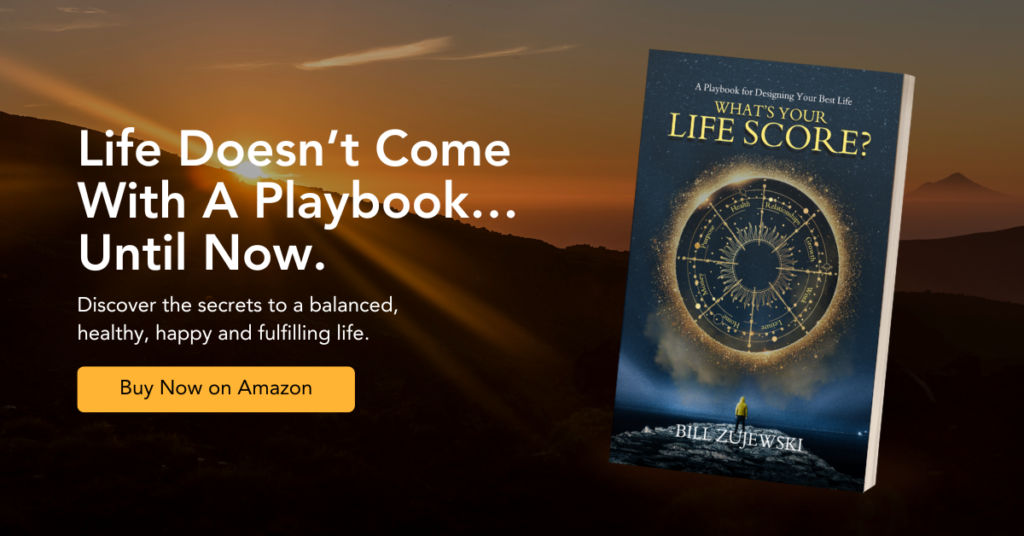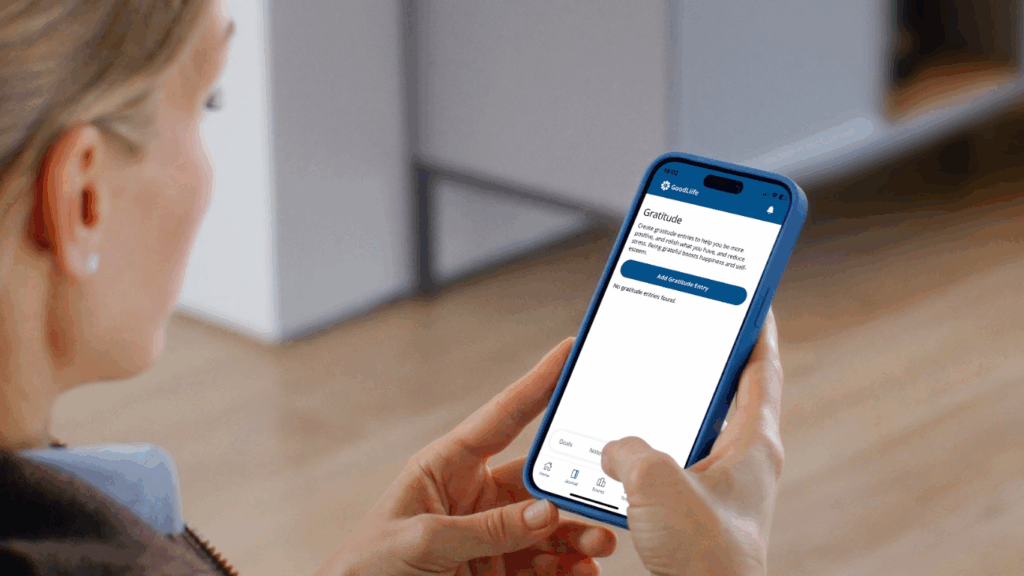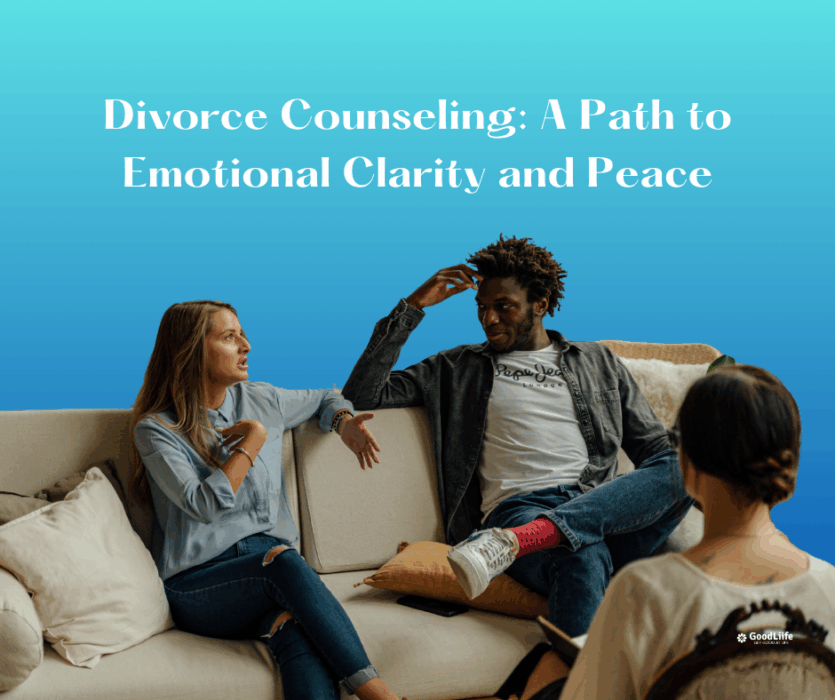Divorce can leave you emotionally overwhelmed, mentally exhausted, and unsure of how to move forward. Whether the separation was mutual or unexpected, the end of a marriage affects nearly every aspect of life—from your identity to your daily routines. In these moments, divorce counseling can be one of the most powerful resources to help you heal, process emotions, and begin again with greater clarity and strength.
Counseling isn’t just about talking through problems—it’s about finding peace, learning healthy coping strategies, and discovering your emotional resilience during a time of great change.
What Is Divorce Counseling?
Divorce counseling is a specialized form of therapy that helps individuals (or couples) navigate the emotional, psychological, and practical challenges that arise during and after a divorce. It provides a structured and supportive environment to explore feelings, address conflict, and gain insight into personal needs and future goals.
This type of counseling can be done individually, with a former partner (if mutual closure or co-parenting is involved), or as part of family therapy to support children through the transition.
Benefits of Divorce Counseling
1. Emotional Support and Processing
Divorce can trigger grief, anxiety, shame, anger, and confusion. Counseling provides a safe, nonjudgmental space to unpack these emotions, validate your experiences, and start healing.
2. Clarity and Confidence
Counseling helps you understand what went wrong, what patterns may have been present, and how to make healthier decisions moving forward. It offers clarity during a confusing and uncertain time.
3. Communication and Co-Parenting
If children are involved, counseling can equip you and your ex-partner with tools to communicate effectively and co-parent in a way that minimizes emotional harm to your children.

4. Rebuilding Self-Worth
Many individuals feel a loss of self-esteem after divorce. Therapy helps you rediscover your identity and build back the confidence needed to thrive independently.
5. Long-Term Growth
Beyond crisis management, divorce counseling often leads to deeper personal development. You’ll likely uncover new values, goals, and strengths that guide your next chapter.
Who Should Consider Divorce Counseling?
Anyone navigating the emotional complexities of separation can benefit from counseling, but it’s especially helpful if you:
- Feel stuck or unable to move on
- Experience intense emotions that affect your daily life
- Struggle with co-parenting or setting boundaries
- Have unresolved grief or trauma related to your marriage
- Want to understand your role in relationship patterns
Seeking help is not a sign of weakness—it’s a proactive step toward healing and empowerment.
How the GoodLiife Score App Supports Your Healing Journey
As you work through the emotional and mental aspects of divorce with counseling, the GoodLiife Score App can help you assess and rebuild other key areas of your life. The app tracks your progress across eight essential life categories: Health, Environment, Leisure, Purpose, Growth, Relationships, Occupation, and Wealth.

Through the app’s tools—like LiifeBook journaling, wellness check-ins, and personalized goal tracking—you can measure improvements in your mental well-being, build structure into your days, and create an intentional recovery path that reflects your values.
Combined with divorce counseling, the GoodLiife Score App becomes your digital companion for emotional and lifestyle healing.
Conclusion: From Pain to Peace
Divorce counseling isn’t just about managing sadness or conflict—it’s about creating space for clarity, growth, and self-love. Whether you’re in the early stages of separation or years into your healing journey, talking to a trained professional can help you feel heard, supported, and stronger than ever.
Your story isn’t over. With support, reflection, and intentional action, this painful chapter can transform into a period of profound personal evolution.
